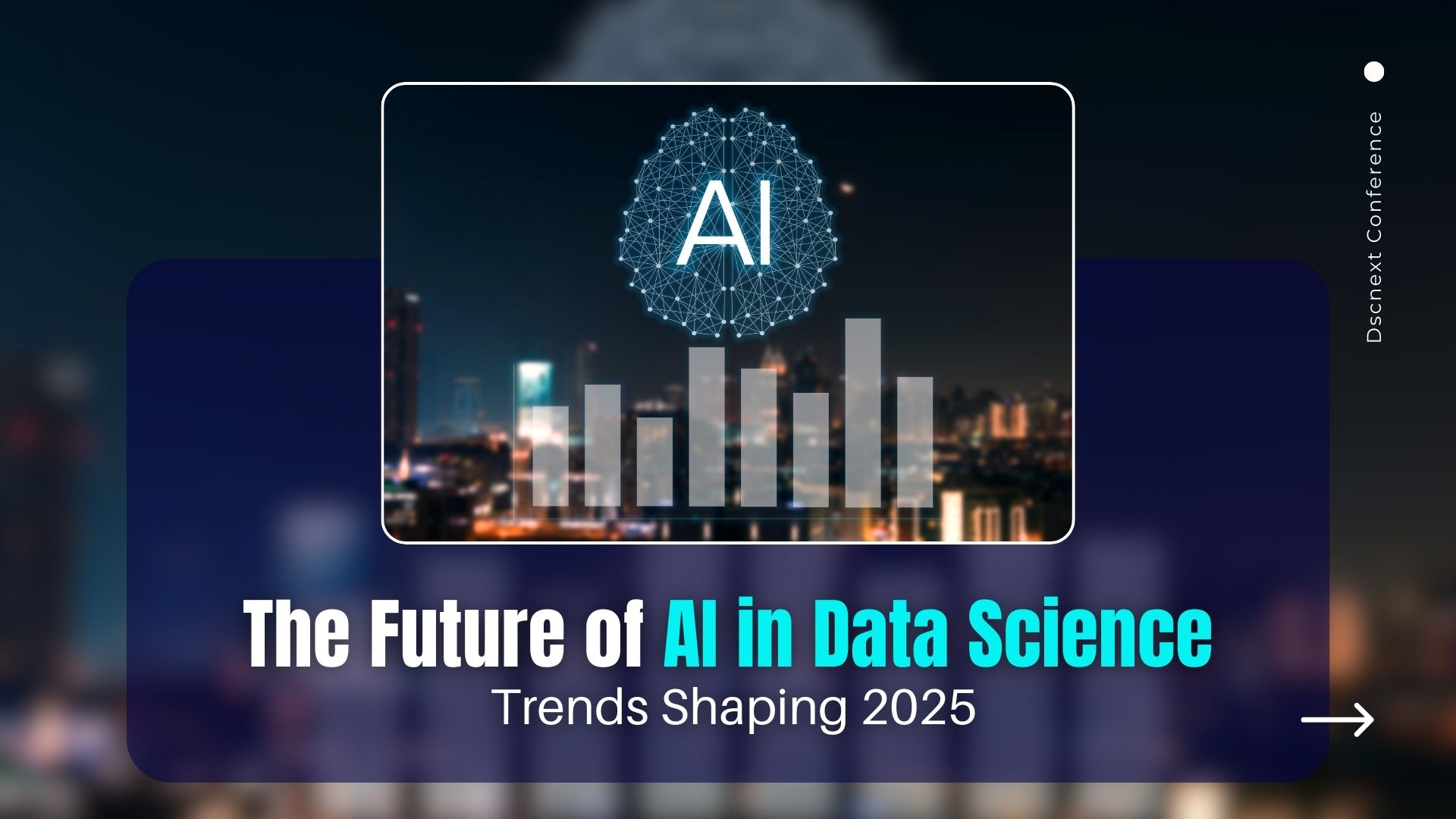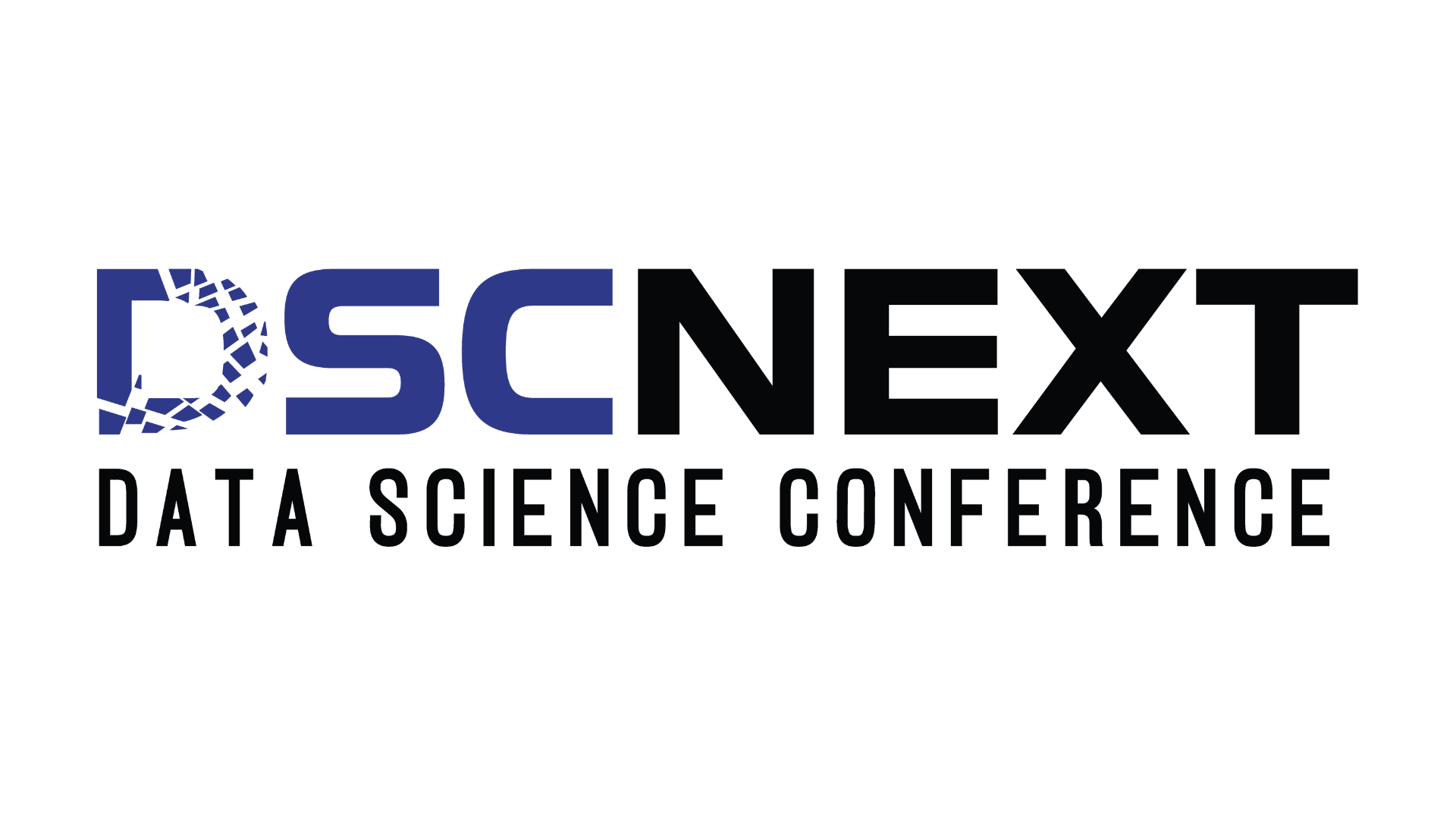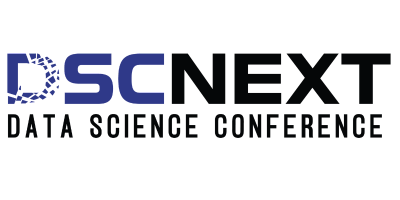
As we move closer to 2025, artificial intelligence (AI) continues to evolve and reshape the data science landscape. The fusion of AI and data science is driving innovation in various industries, automating processes, and unlocking insights that were once beyond human capabilities. In this blog, we’ll explore key trends that are shaping the future of AI in data science and the impact these advancements will have on businesses and society.
1. AutoML: Simplifying the Data Science Process
AutoML (Automated Machine Learning) is poised to revolutionize data science by automating complex tasks that typically require deep expertise. AutoML tools enable non-experts to build machine learning models without needing a detailed understanding of algorithms, feature engineering, or hyperparameter tuning. In 2025, we expect AutoML to become even more sophisticated, allowing businesses to integrate AI solutions faster, reducing time-to-market for AI-driven products.
2. Explainable AI (XAI) for Greater Transparency
As AI systems grow in complexity, the need for explainability becomes crucial. In many industries—such as healthcare and finance—AI-driven decisions need to be transparent and interpretable. Explainable AI (XAI) will play a vital role in helping data scientists and stakeholders understand the rationale behind model predictions. By 2025, XAI tools will become more advanced, making it easier for businesses to trust and deploy AI systems while ensuring compliance with ethical standards and regulatory requirements.
3. AI-Driven Predictive Analytics
Predictive analytics is already a game-changer for businesses looking to forecast trends and make informed decisions. With the integration of AI, predictive analytics is becoming more accurate and reliable. In 2025, AI will enhance predictive models by analyzing larger datasets at faster speeds, providing businesses with real-time insights. This advancement will be critical in sectors such as retail, finance, and manufacturing, where anticipating future trends can lead to significant competitive advantages.
4. AI and Natural Language Processing (NLP)
Natural Language Processing (NLP) is one of the most exciting frontiers in AI. By 2025, we will see further advancements in NLP models, enabling machines to understand and process human language with greater nuance and accuracy. AI-powered NLP tools will be widely used for data extraction, sentiment analysis, and even complex tasks such as writing code or legal documents. These capabilities will allow businesses to derive deeper insights from unstructured data sources like social media, customer reviews, and support tickets.
5. AI for Real-Time Data Processing
The demand for real-time data analysis is rapidly growing, and AI is at the forefront of this shift. AI algorithms are being developed to handle real-time data streams, enabling businesses to make instantaneous decisions based on the most current information available. In industries like finance, telecommunications, and e-commerce, real-time AI data processing will allow for dynamic pricing, fraud detection, and personalized customer experiences.
6. AI-Enhanced Data Security and Privacy
Data security and privacy are top concerns for businesses in the age of big data and AI. With increased reliance on AI systems, securing data against cyberattacks is more critical than ever. In 2025, AI will be used not only for detecting threats but also for predicting potential vulnerabilities in networks and data systems. AI-driven cybersecurity tools will help companies strengthen their defenses by learning from past incidents and adapting to new threats in real-time.
7. AI in Edge Computing for Faster Insights
As data generation grows exponentially, edge computing is becoming essential for processing data closer to its source. By 2025, AI will increasingly be integrated with edge devices, allowing real-time analytics and decision-making without relying on centralized cloud servers. This trend will benefit industries such as manufacturing, healthcare, and IoT, where instant data analysis is crucial for efficiency and safety.
8. AI and Ethical Considerations
As AI becomes more powerful, ethical concerns around bias, fairness, and accountability will continue to gain attention. By 2025, we expect to see more robust frameworks for ethical AI, ensuring that AI systems are transparent, fair, and aligned with societal values. Companies will prioritize responsible AI practices, building diverse teams and creating AI systems that mitigate bias and promote inclusivity.
9. AI and Collaborative Data Science
The future of data science is becoming more collaborative, with AI serving as a bridge between humans and machines. AI-powered platforms will enable data scientists, engineers, and business leaders to work together seamlessly, sharing insights and making data-driven decisions in real-time. Collaborative AI tools will also enable non-technical stakeholders to contribute meaningfully to AI projects, driving better outcomes across organizations.
Conclusion
As we look ahead to 2025, the future of AI in data science is both promising and transformative. The integration of AI will continue to accelerate data-driven decision-making, providing businesses with more powerful tools to unlock insights and drive innovation. From AutoML to explainable AI and real-time data processing, the trends outlined above will shape the way we interact with data and how AI influences industries across the globe.
Organizations that embrace these advancements and invest in AI-driven solutions will be well-positioned to thrive in the data-rich future.


